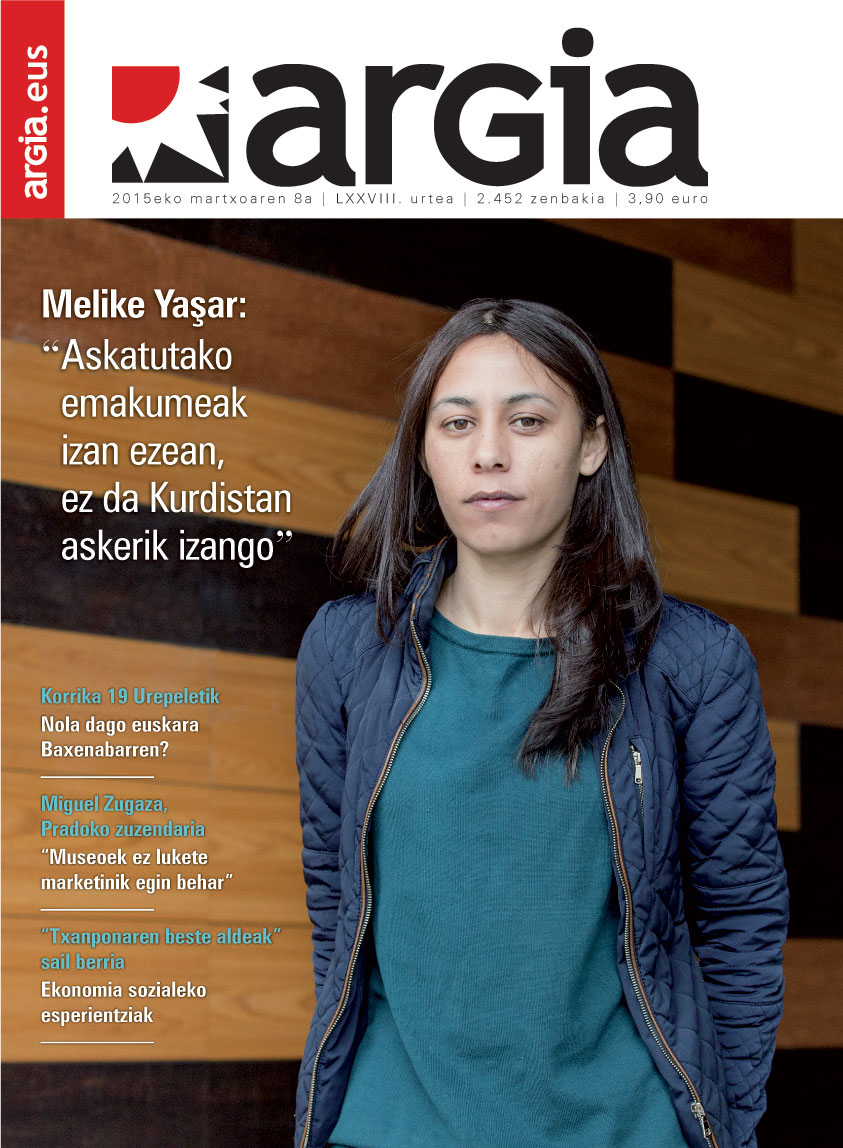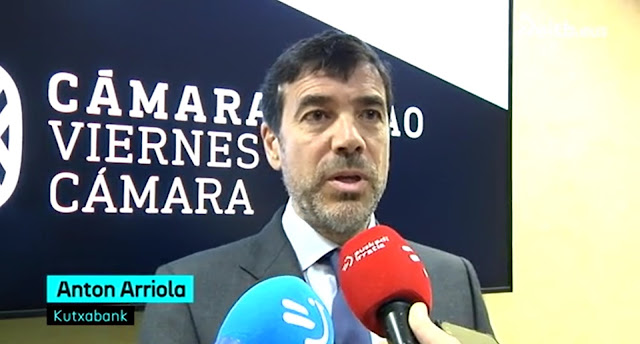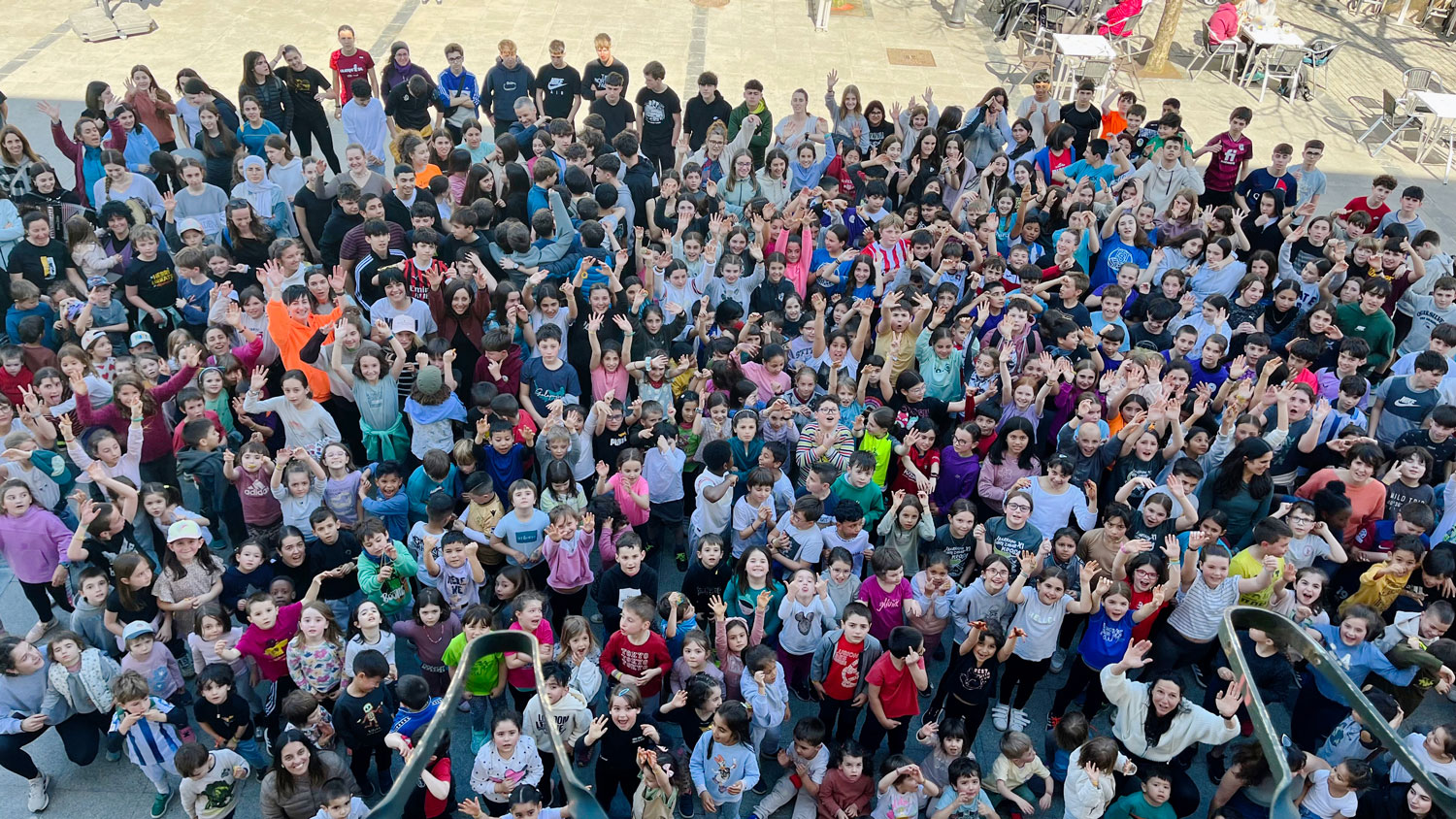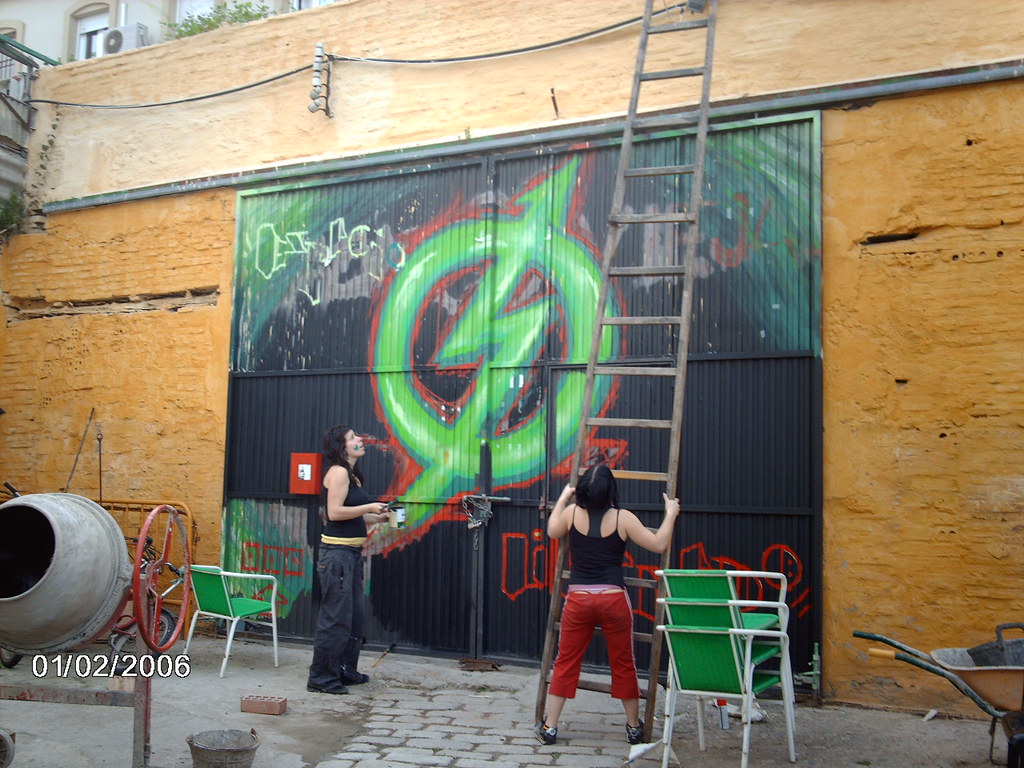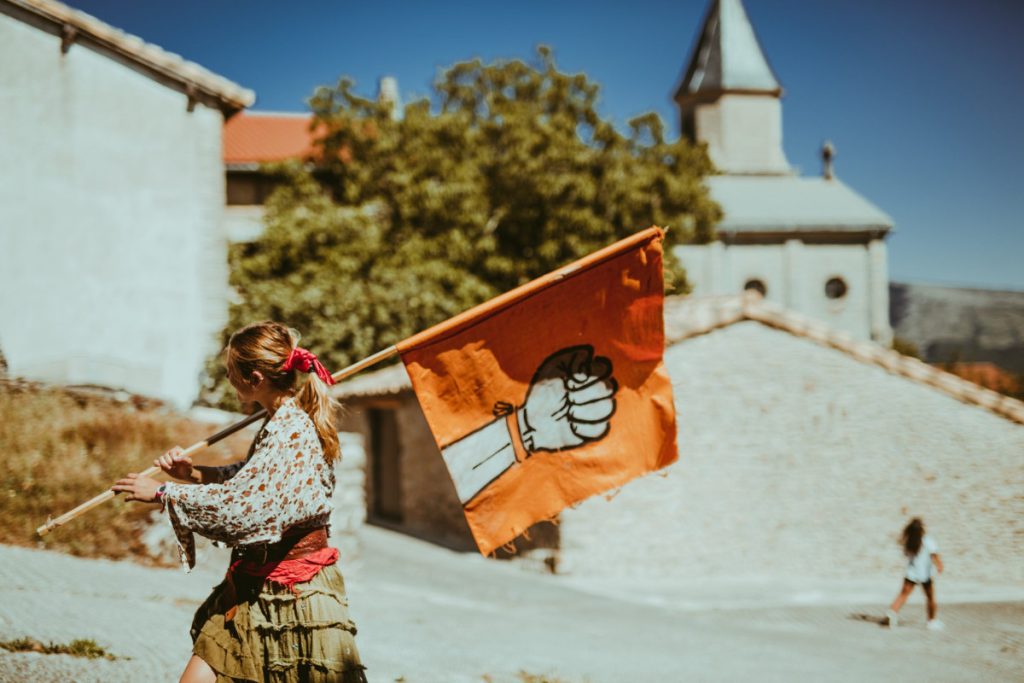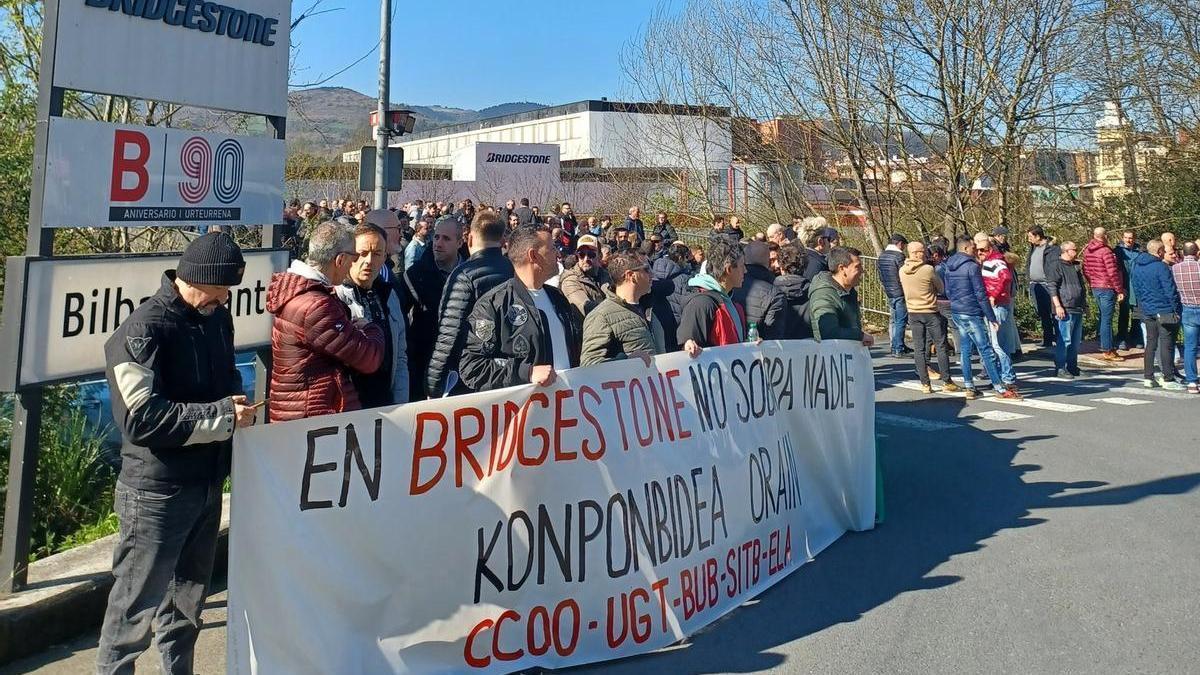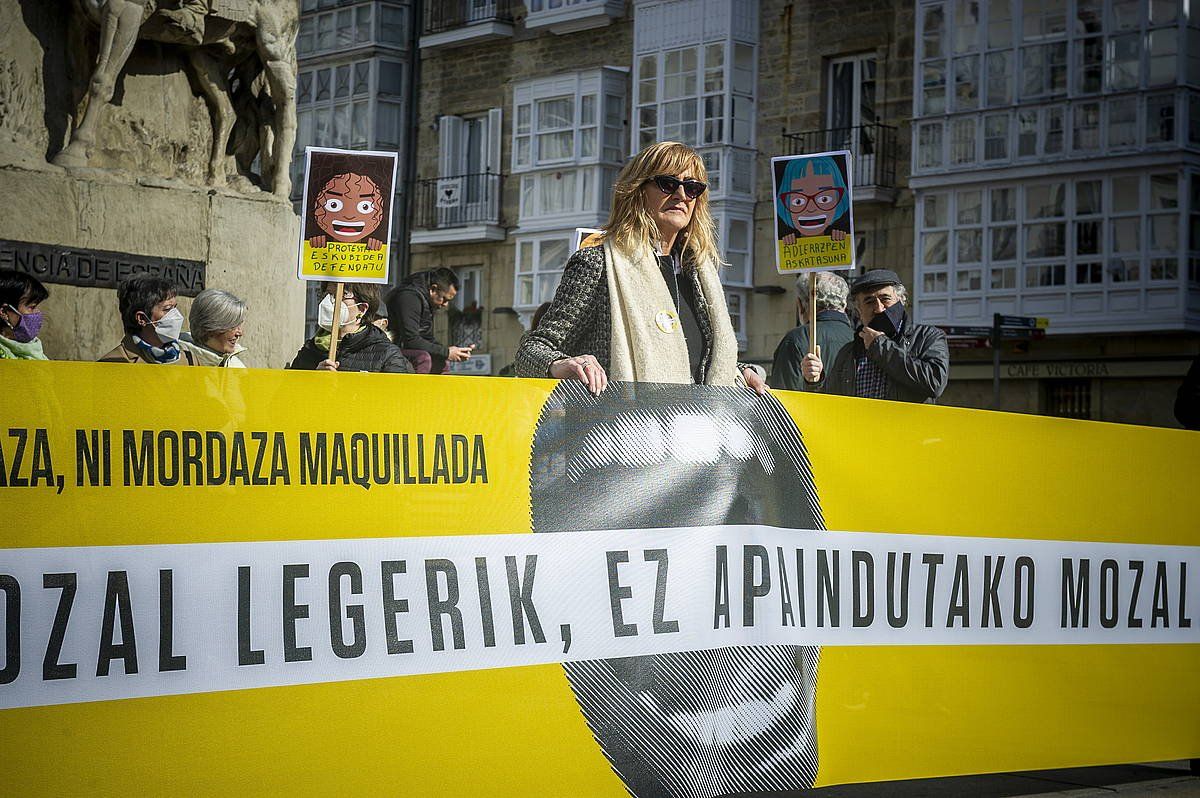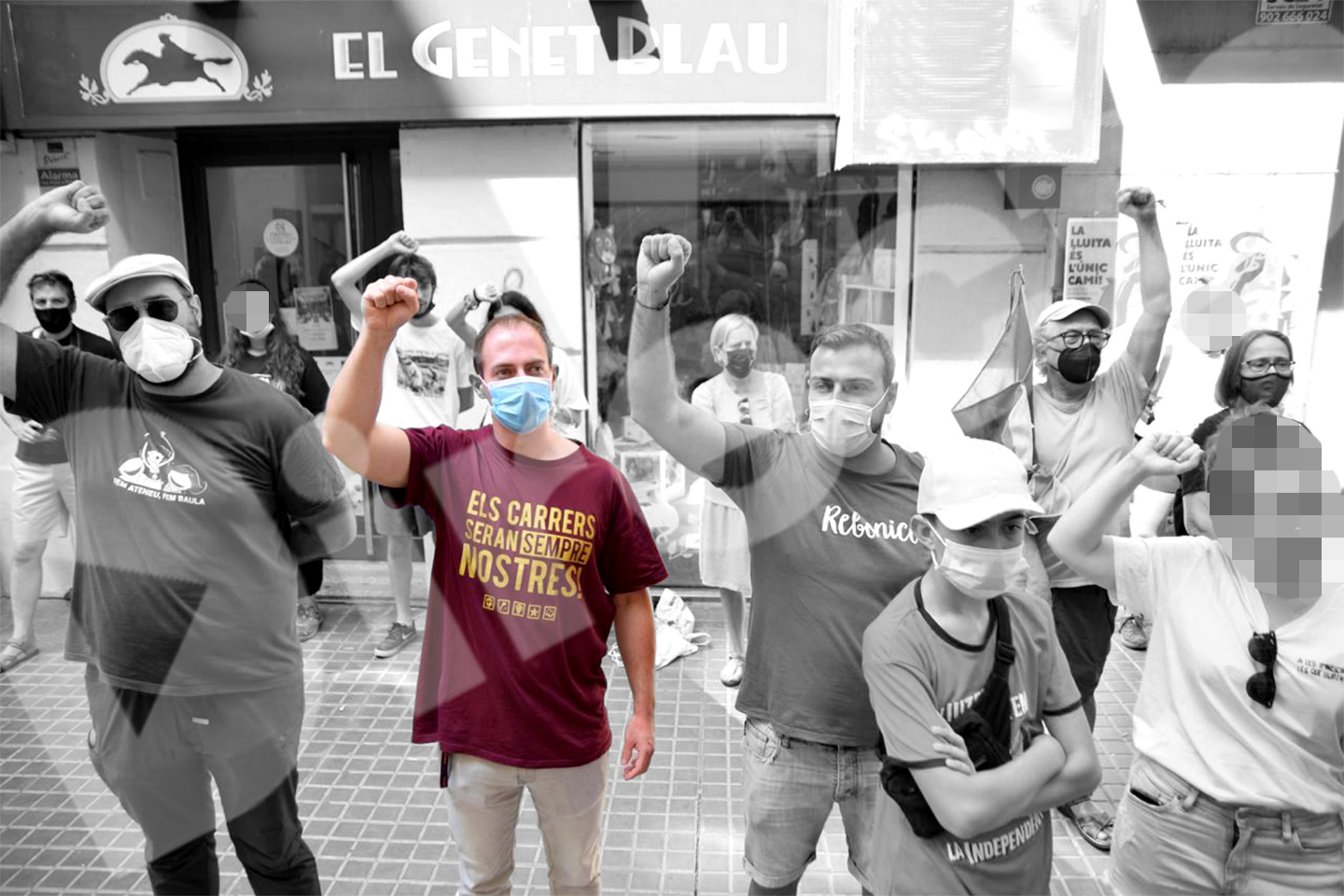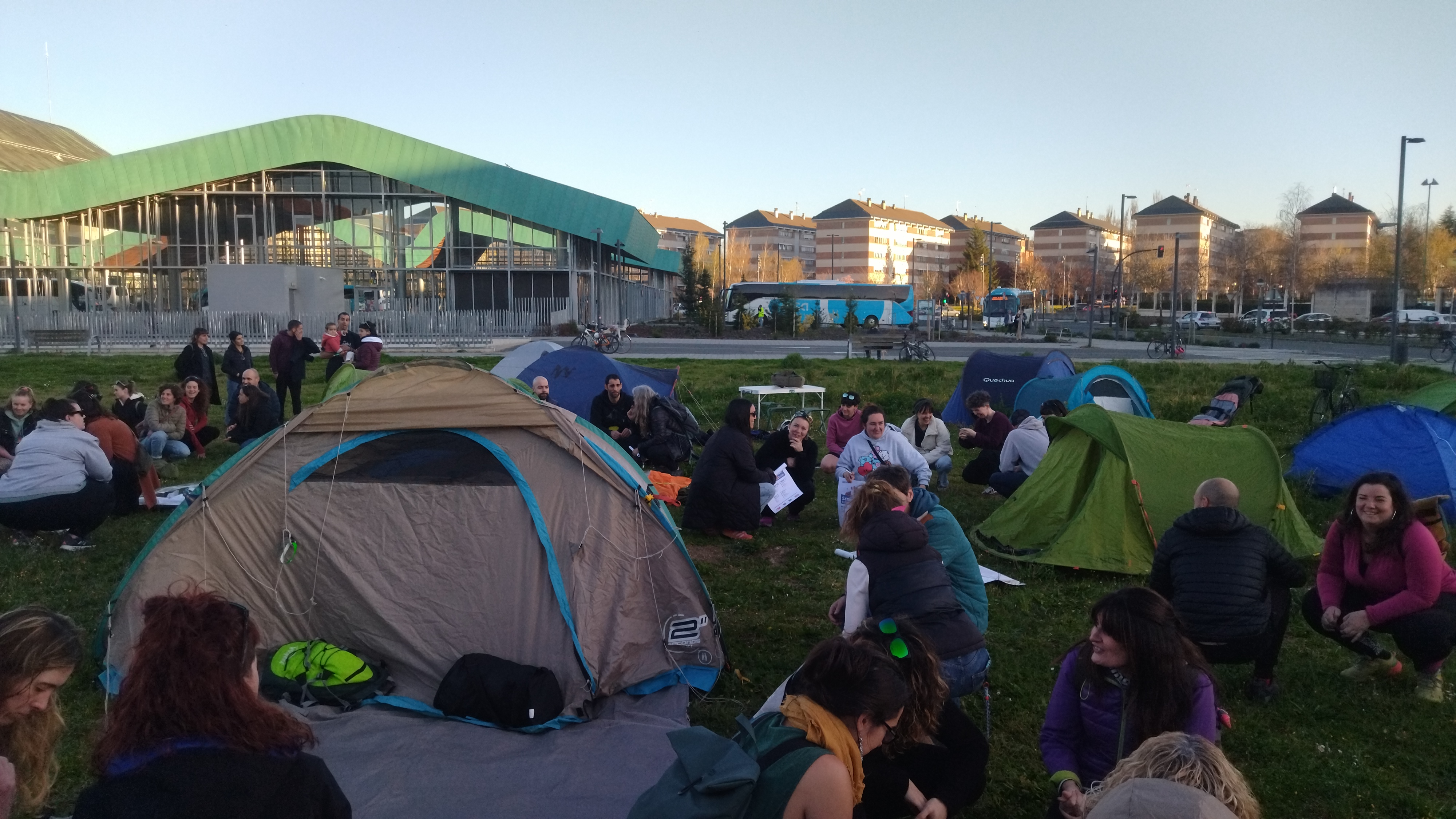The children of the slaves are the social base of Boko Haram
- The new devil is called ‘Boko Haram’ in sub-Saharan Africa. It is known as the example of the 21st century fanatical jihadists for the damage it has suffered since it rebelled against the Nigerian government in 2009. Financing of the Arab Jeps? Yes. But in Africa, the Yihada draws its roots into centuries-old injustices.

They are the former slaves, the great masses trampled in bondage for at least two centuries, the social base of Jihadism in Africa.” This is one of the titles that the French weekly Le 1 brings in number 43 on “Afrique, les visages du Dhijad” (Africa, faces of the Jihada).
It's a curious weekly Le 1: in the kiosk you will find DIN-A4 or newsmagazine in a typical format, but you will have to open it as a sheet to read its 16 pages until you complete a paper of 65x90 cm. The Manomanist has in his credit who was the first director of Le Monde, Eric Fottorino. So imaginative but well attached to the French establishment. Includes articles by high-level writers and experts.
Since his uprising in 2009, Boko Haram has become the African nightmare: It has killed over 5,000 people, many in the most terrible way, kidnapped over 500 men, women and children, including girls sold in slavery... Over a million and a half people have fled the fighting. The wildest religious war is taking place today in sub-Saharan regions, if that is the case. Can that be said?
“Boko Haram’s DNA” has been written by researcher Marc-Antoine Perouse de Montclos, who has published a book on the connections between humanitarian aid and chick tica.Dice, without denying the support received from Al Qaeda or Daech-Isis, that the roots of Boko Haram must be found in the real place, which has a social base.
In Nigeria itself, the group had between 500 and 1,000 combatants two years ago, according to the organizers. But the Government, after declaring a state of emergency, increased its staff to 4,000 men and today it is estimated that it will be around 8,000-10,000. “In other words, the stronger the repression against Boko Haram, the stronger it has been. This should cast doubt on the effectiveness of military solutions.”
The group has intervened in the clashes in the region and has captured the fidelity of many Muslims by distributing land, land handed over by Christians and animists who fled the massacres perpetrated under the guise of Yihada. “On behalf of Xaria, the people of the Boko Haram area have carried out a religious land reform. This is how the debates surrounding land use have been resolved every year.”
The Weekly has interviewed Jean-François Bayart, director of the Centre d’Etudes et Recherches Internationales (CERI). CERI is one of the references of the French State in foreign policy, immigration, political violence and citizen security. Bayarte has published among other books “L’Islam Republicain”. In the interview he admitted that France has been in favour of military intervention in Mali so that there is no doubt that it will not. All that follows is a compendium of words spoken by Bayart.
Consolation in jihad
“In the sub-Saharan region,” says Bayart- the nation is based on a great historical lie: that slavery was white. It cannot be denied that whites are guilty, but they have not been the only ones and have always collaborated as a joint venture with blacks.” And in the early 19th century, when the slave trade was extinguished by the Atlantic, slavery spread within Africa.
Some of the leaders starring the Yihada in the 19th century were slaves, such as Samori Ture, founder of the kingdom of Mandinga. And other Muslims, like the muddled people, who were organizing themselves in cofrady and everything, threw themselves at slave jihadist warriors. Through hard wars some achieved freedom and installation as peasants around peanut crops, but most of the others formed a large mass of breeders that has lasted until today.
“Today in West Africa, everyone knows who the son of slaves is, by name, by way of laughing, if aristocrats can laugh in more style. There are clean class clichés, as we would say adapting to tropical Pierre Bourdieu [sociologist].”
The former slaves today as marginalized slaves have been absorbed for two centuries by the black aristocracy, which has been in force since the 19th century. During these years they have been crushed by slave leaders who carried out the Yihada in the last century. But also these servants, over time, have found solace in Jihad and Salafism. Islam says that all believers are equal, from Mauritania to Niger, like Malin in northern Nigeria, who has responded to an unconfessed problem of servitude. This Islam has different versions in Parajeos.
There is a very demanding trend in religious matters, but it is not mixed up in politics. The Star has been a movement of these salafists since 1970. Then there are Jihad fighters fighting the Sultan who does not worship Allah, the West, and their oil representatives in Nigeria. Thirdly, Bayart refers to a millennial trend that has been working since 1980.
The trajectory of the Boko Haram group from its founding in 2002 to the Kietian Islamist Izalaren, to millennial Islamism, is marked, like many other experts, by repression. In 2009, the Nigerian authorities publicly executed Ustaz Mohammed Yusuf, the first head of Boko Haram, who was arrested in Gaza. That and, above all, the popular massacres in which the Government Army was seeking guerrillas gave way to Boko Haram.
Boko Haram attacks white schools (in the Hausa language it is a Boko school and in the Haram language it is forbidden) as corruption schools. “Western knowledge has brought with it an oppressive and sucking postcolonial state. To see how the state squanches the money from oil, crushes the citizens instead of helping them. A knowledge that has meant nothing but poverty. With Xaria, they claim a rule of law that is just the opposite of what is now in Nigeria.”
In recent decades, entire public service networks with liberalization policies have been lost in many West African countries. In terms of education and health, the vacuum has been filled by Islamic schools and hospitals, sometimes financed by the new local Wahman elite.
That Boko Haram's are criminals? “It’s true that it kills. But it’s much easier to call assassins barbarians than to accept that they have a social and political agenda,” says Jean-François Bayart.
From linguistics or glotophobia and, of course, hatred against Basque, we have often seen our Basque become the dandruff of all sticks. Last of all, the president of Kutxabank, Anton Arriola, has been shaking our language and giving us galantas.The President of Kutxabank,
... [+]
Do not look for this connection from Ezkio or Altsasu, let alone crossing the Ebro River through Castejón. The connection, or rather the connections, between the Basque Y and the AVE of Navarre is already a reality. It is these links in the plural that should concern us and... [+]
Don't make a fuss, don't confront, don't victimize... and obey. As oppressed subjects, in this case as Basques, we talk, how many times have we had to listen to them? Ironically, two years ago, at the Euskalale Independentiston Meeting, Esne Arzallus said: "We have arrived here,... [+]









